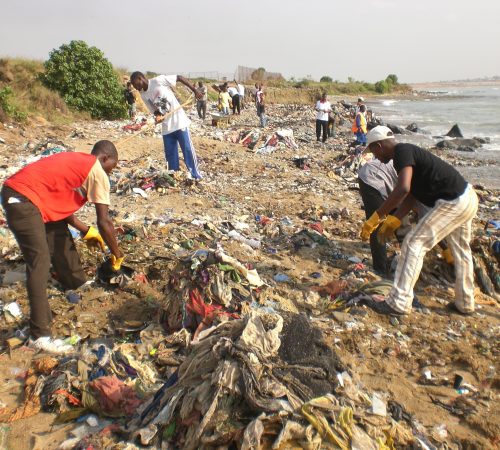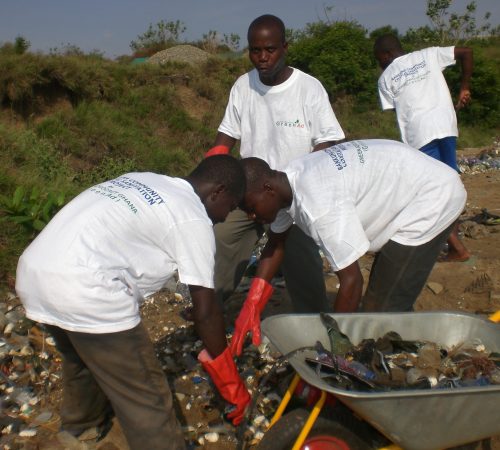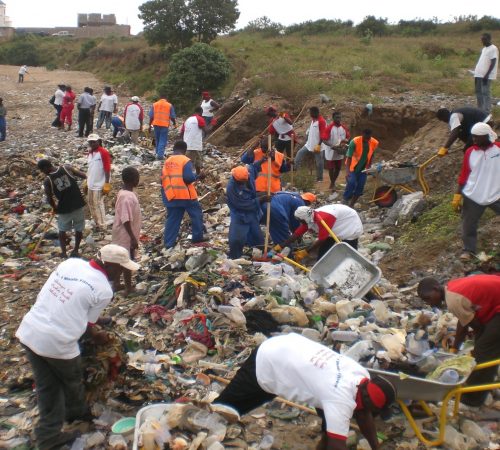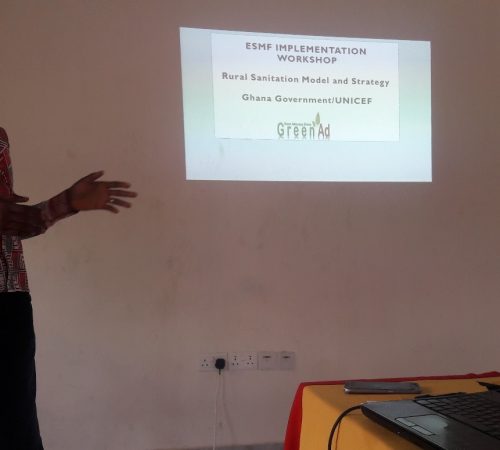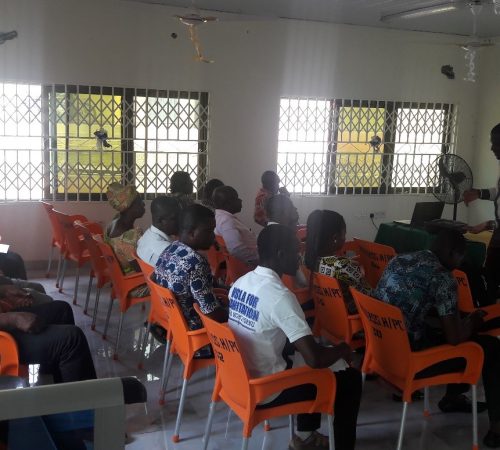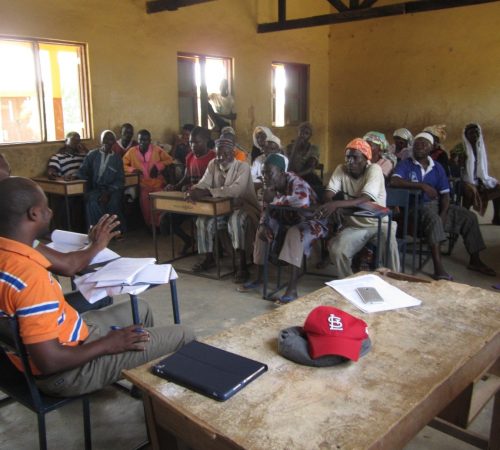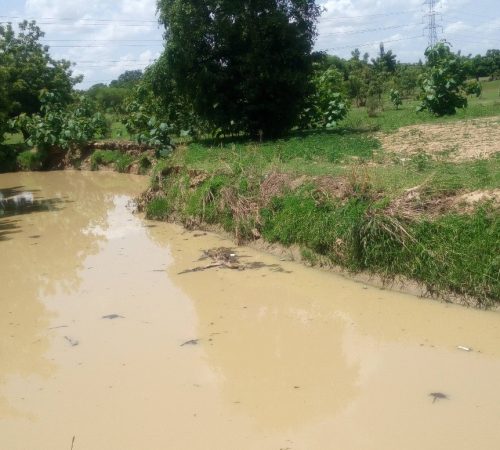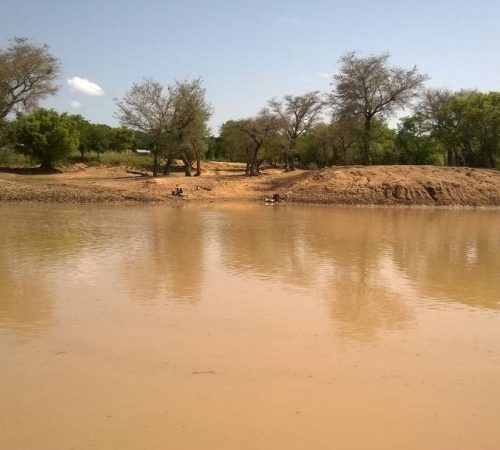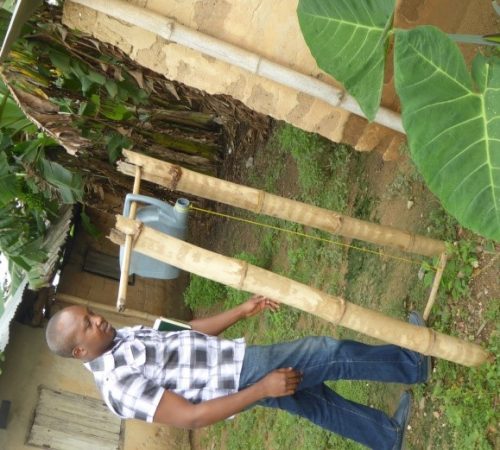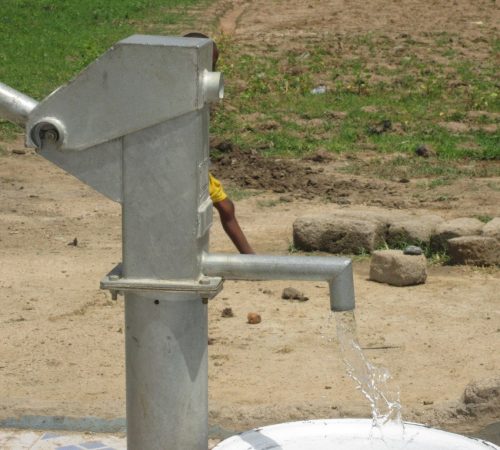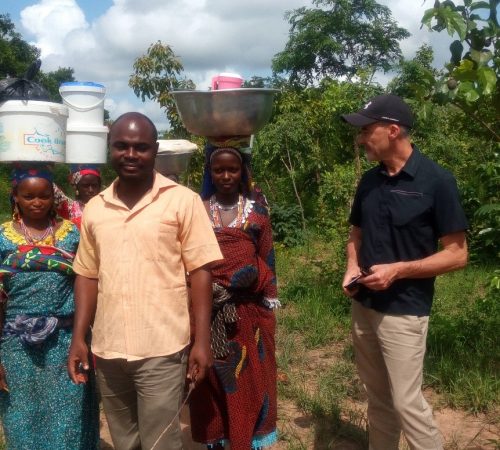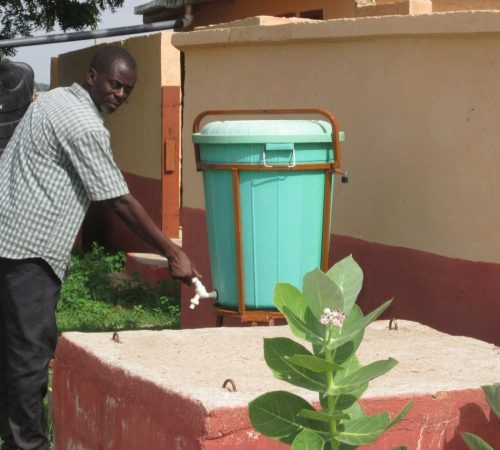Bankuman/Paradise Beach sanitation exercise
As part of its Waste Management Initiative, GreenAd also advocates and promotes beach sanitation in coastal communities throughout the country.
On Friday October 10, 2008, GreenAd’s attention was drawn to a health-threatening situation at the Bankuman beach near the West African Gas Pipeline (WAGP) lateral (between the Tema Fishing Harbor and Kpone beach). According to the report, that stretch of the beach had become a waste dump by wave/tidal action and humans with all sorts of plastics, fabric waste, human excreta and decomposing carcasses.
Officials of GreenAd visited the site on Friday October 17, 2008 to verify. The extent of pollution was unimaginable – an imminent epidemic. This prompted a meeting to develop a plan of action to quickly get rid of the decomposing carcasses and further embark on a massive clean up exercise to clear the beach of the filth.
The objective of the exercise was to mobilize the community members to clean the beach and create an initial awareness to discourage further abuse of the beach and to protect the community from possible threats to their health.
UNICEF, UNHabitat- ESMF (Trainings, WASH Tools)
Access to clean water is the foundation of any sustainable community. Due to the unprecedented rate of environmental degradation in the three Northern regions of Ghana, particularly the recurrent floods, the government of Ghana assisted by four UN Agencies (UNDP, UN-Habitat, UNICEF and WHO) developed a Canada funded project “WASH in Disaster Prone Communities –WASH in DPC”.
Presently, approximately 200,000 people targeted by the WASH in DPC programme in 265 communities obtain their water supply from streams, boreholes and unprotected shallow hand dug wells, which dry up during the dry season. During the recurrent floods, these sources are also likely to be contaminated by non-point and diffuse pollution with severe effect on the health and livelihood of the population. The WASH in DPC programme is committed to ensuring provision of adequate, quality and affordable water and sanitation services through prudent infrastructural investment in an environmentally friendly manner by conforming to environmentally sound practices and adhering to the applicable legislations and guidelines, prevention of pollution, and continually improving its Environmental Management System (EMS).
The most significant environmental issues concerning this WASH project include contamination of water sources related to floods, damage to water infrastructure, over pumping of ground water, improper commissioning and rehabilitation of boreholes, poor sanitation and high open defecation rate.


